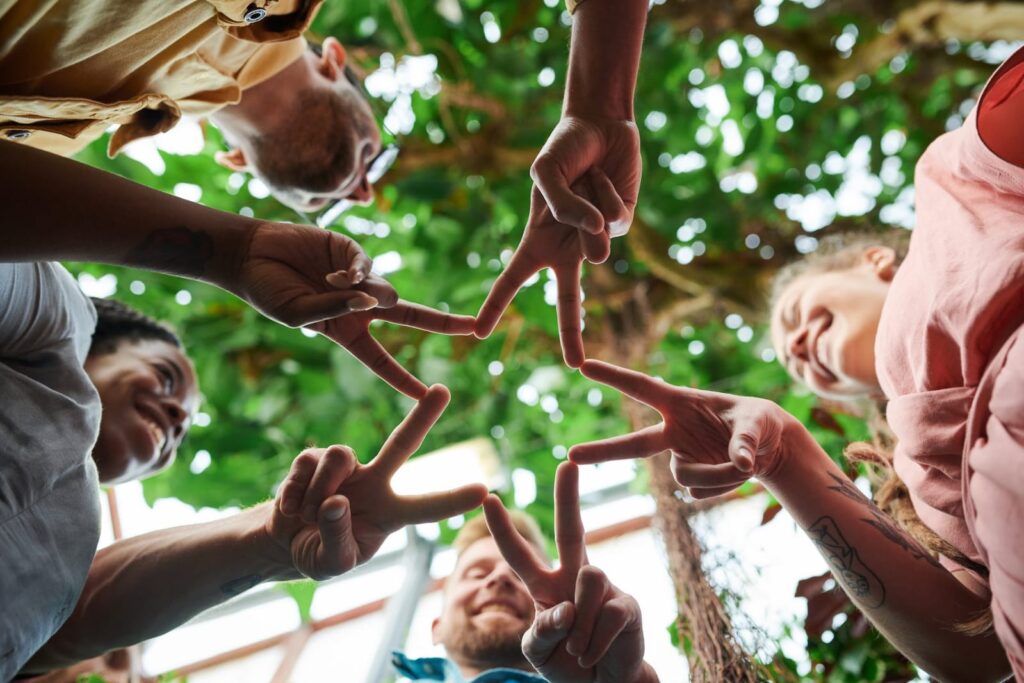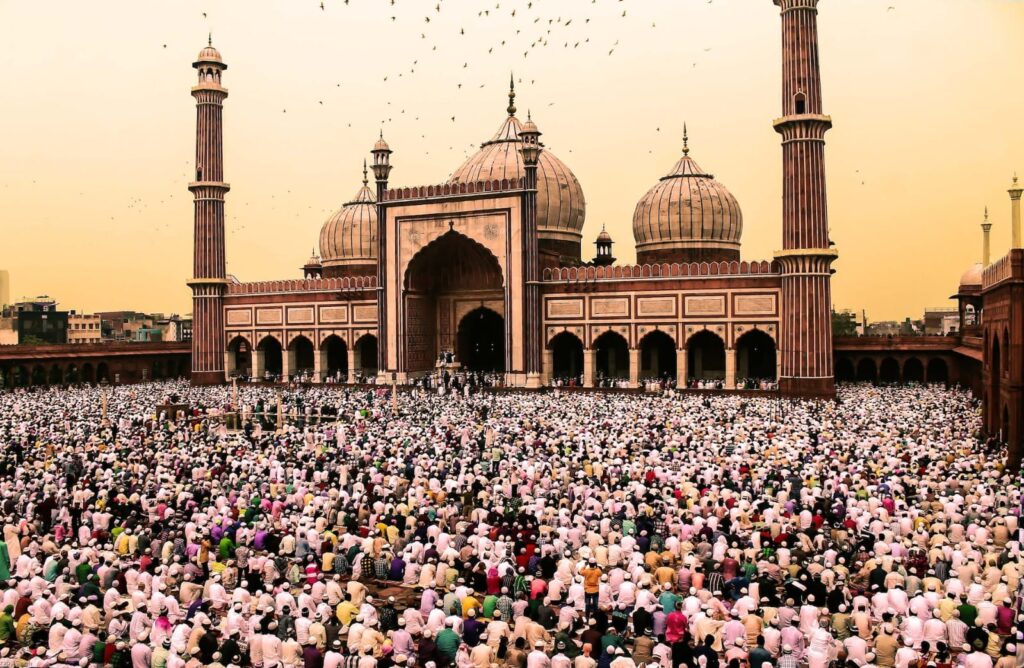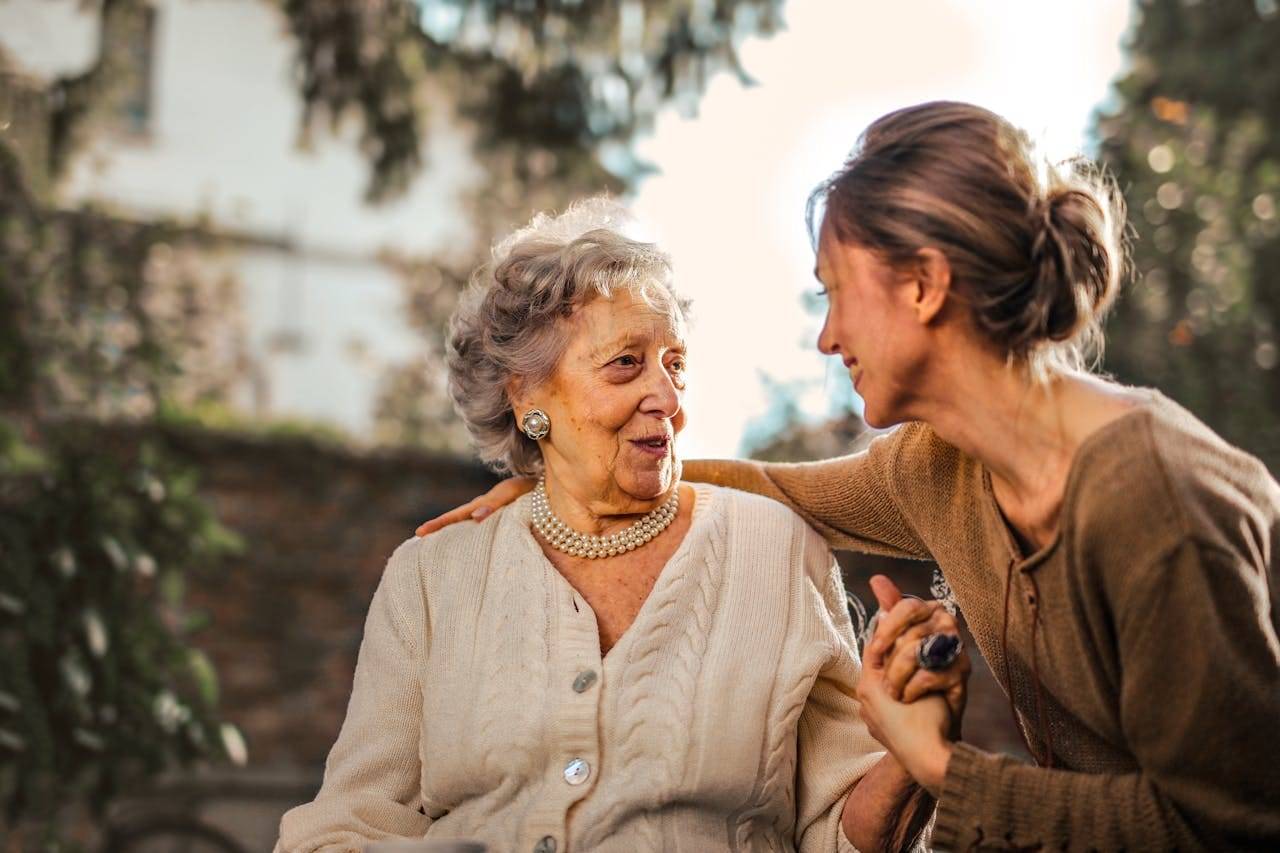Cultural Diffusion: 9 Great Facts About Culture
Cultural Diffusion and Cultural Understanding:
Exploring Cultural Diffusion:
Cultural diffusion is a fascinating phenomenon that crosses borders, connecting diverse societies through the exchange of ideas, beliefs, and practices. This article explores the complex web of cultural diffusion, examining its impact on the formation of the rich tapestry of world heritage. Cultural diffusion refers to the spread of cultural elements such as customs, language, technology, and religious beliefs from one society to another. This process occurs through a variety of means, including trade, migration, conquest, and globalization.
Historical Context of Cultural Diffusion:
Throughout history, cultural diffusion has played an important role in the formation of civilizations. For example, the Silk Road facilitated the exchange of goods and ideas between East and West, allowing for the blending of diverse cultures.
Impact Of Technology And Media:
In modern times, technological advances and media have accelerated cultural diffusion. The Internet, social media, and mass communication platforms enable instant transmission of cultural trends, fashion, and entertainment around the world.
Language and Linguistics:
Migration of people often brings about linguistic diversity. Languages develop through contact with other cultures, resulting in the creation of Creole languages and dialects that reflect a combination of influences.
Religious Harmony about Cultural Diffusion:
Cultural diffusion is often linked to religious practices. As societies encounter new belief systems, convergence occurs, resulting in a fusion of religious practices and traditions.
Effects of Globalization on Cultural Diffusion:
The ongoing process of globalization accelerates cultural diffusion, fostering a global community. While this interaction fosters understanding, it also raises questions about the preservation of cultural identity.
Cultural adaptation about Cultural diffusion:
As cultures merge, individuals and societies engage in cultural adaptation. It involves the selective adoption and modification of foreign elements according to the local context, creating unique hybrid cultures.
Challenges and Controversies:
Cultural diffusion is not without challenges. Some say it leads to cultural homogenization, erasing separate identities. Others see it as an opportunity for mutual enrichment and understanding.
Importance of Accepting and Appreciating Cultural Differences:
- Cultural Richness: Each culture adds a unique flavor to the world. Imagine a world where everyone speaks the same language, wears the same clothes, and eats the same food. It would be dull and monotonous. Cultural differences make our world colorful and interesting. it effects Cultural diffusion.
- Learning Opportunities: Embracing cultural differences provides an opportunity to learn. We can learn about various traditions, customs, art forms, and histories, broadening our knowledge and horizons. Cultural diffusion is very helpful in this context.
- Promotes Unity: Accepting cultural diversity promotes a sense of unity. Cultural diffusion promotes a sense of harmony amoung nations.When people from different cultures come together and appreciate each other’s backgrounds, it fosters a sense of belonging and togetherness.

Benefits of Cultural Diversity in Promoting Tolerance and Empathy:
- Tolerance: CD teaches us tolerance, which means accepting and respecting differences. By understanding the meanings of Cultural diffusion that others might have different beliefs or practices, we learn to coexist peacefully.
- Empathy: Learning about different cultures helps us empathize with others. We understand the challenges and triumphs that people from diverse backgrounds face. This empathy builds strong, compassionate communities.
Encouraging Open-mindedness and Respect for Various Traditions and Customs:
- Open-mindedness: Being open-minded means being responsive to new ideas and aspects. Embracing cultural diversity encourages open-mindedness. Instead of judging others, we approach unfamiliar customs and traditions with curiosity and acceptance.
- Respect: Respect is at the heart of cultural understanding. Respecting various traditions and customs means acknowledging their value, even if they differ from our own beliefs. It builds mutual respect between different communities.
How Cultural Understanding Can Bridge Gaps and Promote Harmony in Society:
- Breaking Stereotypes: Cultural diffusion breaks down stereotypes and misconceptions. When we learn about other cultures firsthand, we realize that many stereotypes are inaccurate, promoting a more accurate and positive worldview.
- Effective Communication: Cultural diffusion nuances enhance communication. It helps us avoid misunderstandings that can arise due to cultural differences in gestures, expressions, or language. Effective communication fosters harmony.
- Conflict Resolution: In diverse societies, conflicts can arise due to cultural differences. Cultural understanding provides the tools to resolve these conflicts peacefully. It encourages dialogue and compromises, preventing tensions from escalating.
- Fostering Global Peace: On a global scale, understanding and respecting different cultures is essential for world peace. Appreciating diverse traditions and backgrounds reduces the likelihood of cultural conflicts and promotes international cooperation and understanding.
Participating in Cultural Events and Activities:
Participating in Cultural diffusion and activities is a fundamental aspect of cultural well-being. It involves actively engaging with various facets of a culture, fostering appreciation, understanding, and mutual respect among diverse communities. Here’s a detailed explanation of the points you mentioned:
Involvement in Local Cultural Festivals, Fairs, and Performances:
- Community Bonding: Local festivals and fairs often bring communities together. Participation fosters a sense of belonging and strengthens community ties.
- Preserving Traditions: These events often showcase traditional crafts, music, dances, and culinary delights, preserving cultural heritage for future generations.
- Economic Impact: Active participation supports local economies by promoting artisans, local businesses, and cultural entrepreneurs.
Participation in Cultural Workshops, Seminars, and Discussions:
- Knowledge Exchange: Workshops and seminars provide platforms for in-depth discussions on cultural topics, fostering knowledge exchange and intellectual growth.
- Skill Development: Cultural workshops often teach traditional arts and crafts, allowing individuals to learn new skills and preserve traditional craftsmanship.
- Promoting Dialogue: Engaging in discussions promotes understanding by addressing cultural stereotypes and misconceptions, fostering empathy and harmony.
Engagement in Traditional Art, Music, Dance, and Culinary Experiences:
- Art Appreciation: Engaging with traditional art forms nurtures creativity and aesthetic appreciation, encouraging the preservation of artistic heritage.
- Musical and Dance Expression: Participating or watching traditional music and dance performances provides a profound cultural experience, allowing one to connect emotionally with the art form.
- Culinary Exploration: Trying traditional cuisine offers a sensory experience, connecting individuals with the culture’s history, agriculture, and culinary traditions.
Attending Multicultural Events to Broaden Perspectives and Learn from Different Cultures:
- Cultural Exchange: Multicultural events provide opportunities for people from different backgrounds to interact, fostering a rich tapestry of diverse experiences.
- Global Understanding: Exposure to various cultures broadens perspectives, promoting tolerance and understanding of global differences.
- Breaking Stereotypes: Interacting with individuals from different cultures challenges stereotypes, encouraging a more inclusive and accepting society.

Preserving and Celebrating Cultural Heritage:
Importance of preserving historical landmarks, artifacts, and traditions:
Preserving historical landmarks, artifacts, and traditions is crucial for maintaining a connection with the past. Historical sites and artifacts provide valuable insights into a culture’s evolution, technological advancements, and societal norms. By preserving these, we ensure that future generations have a tangible link to their roots, fostering a sense of identity and pride.
Celebrating cultural heritage months or days to promote awareness:
Designating specific months or days to celebrate cultural heritage creates focused opportunities for education and awareness. During these times, communities can organize events, exhibitions, and workshops that highlight their unique traditions, art, music, and cuisine. This celebration not only educates the public but also instills a sense of belonging and cultural pride among the community members.
Supporting museums, cultural institutions, and heritage sites:
Museums, cultural institutions, and heritage sites serve as repositories of knowledge and history. Supporting these establishments ensures the preservation of artifacts and historical documents. Funding allows for proper maintenance, research, and public engagement activities, making cultural heritage accessible and engaging for all.
Encouraging the younger generation to appreciate and value their cultural roots:
Educating the younger generation about their cultural heritage is vital. Schools and community programs can incorporate cultural studies into their curriculum, teaching children about their traditions, language, folklore, and history. This knowledge helps instill a sense of pride and identity, encouraging young individuals to actively participate in preserving their cultural heritage
Building Inclusive Communities:
Creating inclusive spaces where everyone feels welcome and respected:
Inclusive spaces are environments where people from diverse backgrounds feel accepted and valued. This can be achieved by promoting tolerance, understanding, and respect for differences. Inclusive spaces foster a sense of belonging, allowing individuals to express themselves without fear of discrimination.
Fostering dialogue between different cultural groups to promote understanding:
Open and respectful dialogue between cultural groups breaks down barriers and promotes mutual understanding. Through discussions, misunderstandings can be addressed, stereotypes debunked, and common ground discovered. This dialogue cultivates empathy, reducing prejudice, and promoting harmony within the community.
Implementing inclusive policies in educational institutions and workplaces:
Educational institutions and workplaces play a pivotal role in shaping inclusive communities. Implementing policies that promote diversity and inclusivity ensures equal opportunities for everyone. This can include anti-discrimination policies, accessible facilities, and diverse representation in decision-making positions.
Encouraging diverse representation in media, politics, and other influential sectors:
Representation matters. Encouraging diversity in media, politics, and influential sectors ensures that different cultural perspectives are heard and valued. Media can shape public opinion, and diverse representation ensures a more accurate portrayal of society. In politics, diverse voices lead to policies that consider the needs of various communities, fostering a more inclusive society.
Promoting cultural exchange programs and international partnerships:
Cultural exchange programs and international partnerships facilitate mutual learning and understanding between different cultures. These initiatives provide opportunities for people to experience diverse traditions, languages, and lifestyles firsthand. By promoting these programs, communities can strengthen global connections, fostering a sense of unity in diversity.
Promoting Cultural Education:
Introducing Cultural Education in Schools:
- Curriculum Integration: Incorporating cultural education into the standard school curriculum. This includes teaching about diverse cultures, traditions, history, and customs.
- Multicultural Events: Organizing cultural events within schools, where students can showcase their cultural heritage, fostering a sense of pride and understanding among peers.
- Guest Speakers and Workshops: Inviting speakers from different cultural backgrounds or organizing workshops to educate students about various cultures, promoting empathy and tolerance.
Providing Resources and Support for Cultural Studies and Research:
- Library Resources: Stocking school libraries with books, documentaries, and multimedia resources that focus on different cultures, encouraging students to explore and learn.
- Research Opportunities: Providing students with opportunities to conduct research projects about different cultures, enhancing their knowledge and understanding through hands-on learning.
- Scholarships and Grants: Offering scholarships and grants to students interested in cultural studies, encouraging further education and research in this field.
Offering Language Courses:
- Language Classes: Offering language courses that go beyond the standard curriculum, allowing students to learn languages from different cultures. This promotes not only linguistic skills but also cultural understanding.
- Language Exchange Programs: Organizing exchange programs where students can interact with native speakers of different languages, enhancing their communication skills and cultural awareness.
Promoting the Importance of Cultural Literacy:
- Global Citizenship Education: Teaching students about global citizenship, emphasizing the importance of understanding and respecting different cultures in today’s interconnected world.
- Critical Thinking: Developing critical thinking skills, encouraging students to analyze cultural issues, stereotypes, and biases, and fostering a more nuanced understanding of different cultures.
Promoting Empathy: Encouraging students to put themselves in others’ shoes, helping them empathize with people from different cultural backgrounds, and promoting a more inclusive society.
Respecting Indigenous Cultures:
Recognizing and Respecting Indigenous Rights and Traditions:
- Land and Resource Rights: Acknowledging and respecting indigenous land and resource rights, ensuring their cultural practices and traditions are not disrupted due to industrialization or urbanization.
- Cultural Traditions: Respecting indigenous ceremonies, rituals, and traditions, refraining from cultural appropriation, and understanding the spiritual significance behind their practices.
Supporting Indigenous Art, Crafts, and Traditions:
- Artisanal Support: Promoting and supporting indigenous artists and craftsmen, providing them with platforms to showcase and sell their creations, and preserving traditional art forms.
- Preserving Traditional Skills: Encouraging the passing down of traditional skills and crafts from one generation to another, ensuring these skills are not lost over time.
Advocating for the Preservation of Indigenous Languages and Cultural Practices:
- Language Preservation: Supporting initiatives to preserve indigenous languages, which are often endangered. This can include funding language programs and educational resources.
- Cultural Practices: Advocating for the preservation of unique cultural practices, such as storytelling, music, and dance, ensuring these practices are sustained for future generations.
Raising Awareness and Supporting Causes:
- Educational Initiatives: Raising awareness about the challenges faced by indigenous communities through educational campaigns, teaching others about their history, struggles, and contributions.
- Supporting Causes: Actively supporting indigenous causes, whether they relate to environmental conservation, cultural preservation, or social justice, through donations, volunteering, or advocacy efforts.
Promoting Cultural Tourism:
Encouraging Responsible Cultural Tourism that Respects Local Traditions:
- Explanation: Responsible cultural tourism involves tourists engaging with local communities and their traditions respectfully. This includes understanding and adhering to local customs, traditions, and etiquette. Tourists should respect sacred sites, cultural norms, and practices, ensuring they do not disrupt or disrespect the local way of life.
- Importance: Encouraging responsible tourism, ensures that cultural exchanges happen respectfully, creating positive interactions between tourists and locals.
Showcasing Cultural Diversity to Tourists to Promote Mutual Understanding:
- Explanation: Cultural diversity is one of the world’s greatest assets. Showcasing this diversity to tourists allows them to learn about different cultures, traditions, languages, and practices. Cultural exchange fosters mutual understanding, breaking down stereotypes and prejudices.
- Importance: Promoting mutual understanding through cultural diversity helps in creating a more tolerant and accepting global community.
Supporting Local Artisans and Craftsmen through Tourism Initiatives:
- Explanation: Tourism initiatives can include promoting and selling local crafts, artworks, and traditional products. This provides a source of income for local artisans and helps in preserving traditional crafts and skills that are often passed down through generations.
- Importance: Supporting local artisans not only helps in preserving cultural heritage but also boosts the local economy, ensuring that traditional crafts continue to thrive.

Fostering Interfaith Dialogue:
Encouraging Dialogue Between Different Religious Communities to Promote Understanding:
- Explanation: Interfaith dialogue involves open and respectful conversations between people of different faiths. It promotes understanding, tolerance, and acceptance of diverse religious beliefs and practices.
- Importance: Encouraging dialogue fosters religious harmony, reduces religious tensions, and promotes peaceful coexistence among faith communities.
Organizing Interfaith Events and Discussions to Address Common Concerns:
- Explanation: Organizing events and discussions where representatives from different faiths come together to discuss common concerns, such as social justice, poverty, or environmental issues. This collaborative approach helps in finding common ground and working towards shared goals.
- Importance: Addressing common concerns encourages collaboration and mutual support among religious communities, strengthening the bonds of understanding and solidarity.
Conclusion:
Cultural diffusion, a dynamic force throughout human history, continues to shape our interconnected world. Acknowledging the challenges and embracing the positive aspects of cultural exchange is critical to fostering a global community that values diversity and respects the uniqueness of each cultural thread in the tapestry of humanity.






One Comment